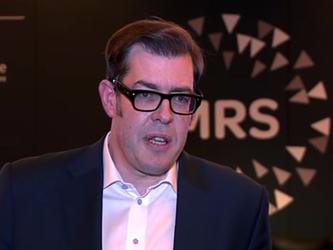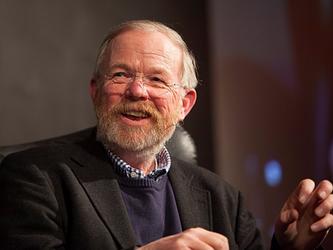Building a research dream team in the big data age
Individuals – and teams – who can bring together the skills of data scientists, social scientists, and who have strong business acumen – stand to succeed at a time when data is abundant, but curators of it are more scarce.
Adam Phillips, managing director of Real Research, chaired a session on the changing role and skills of researchers at the MRS annual conference, Impact 2016, today in London.
The latest Greenbook GRIT survey suggests researchers are failing to meet the needs of clients in helping them make more effective decisions from the mountain of data now available to them. “We think there’s a role here for orchestrators or curators,” Phillips said.
Edwin Kooge, managing partner of Metrixlab, said businesses needed to merge multiple data streams from across their organisation, and look at which sources of information were best at what – social media for explaining why people do something, and mobile to provide the when and where, for instance. For their research partners, he said, there needed to be a shift towards the role of a conductor or consultant.
Paul Bosher, global head of research at Wallgreens Boots Alliance, said research teams should start using big data to consider strategic questions rather than solving small, short-term problems.
“Be the patient and rational voice of the consumer in the room,” he said. “We should be a collaborative business partner answering questions about the people that run our business … the consumer.”
The future researcher needs to combine data, analysis and business skills, the panel said, and Rachel Lawes, founder of Lawes Consulting, said people in the industry must teach themselves to be bilingual – fluent in social science, data science and business. She had three pieces of advice: spend lots of time in the field, absorbing digital culture; read extensively in social sciences and business; and stop being scared of big data.
Christina Jenkins, director, global research, GSO Insights, at LinkedIn, said it was becoming clear that people working in market research needed new skills. LinkedIn users in the industry have been updating their profiles to promote data science skills, leadership, consultancy and business acumen. “So, we’re already seeing a lot of this change happening,” she said.

We hope you enjoyed this article.
Research Live is published by MRS.
The Market Research Society (MRS) exists to promote and protect the research sector, showcasing how research delivers impact for businesses and government.
Members of MRS enjoy many benefits including tailoured policy guidance, discounts on training and conferences, and access to member-only content.
For example, there's an archive of winning case studies from over a decade of MRS Awards.
Find out more about the benefits of joining MRS here.













0 Comments